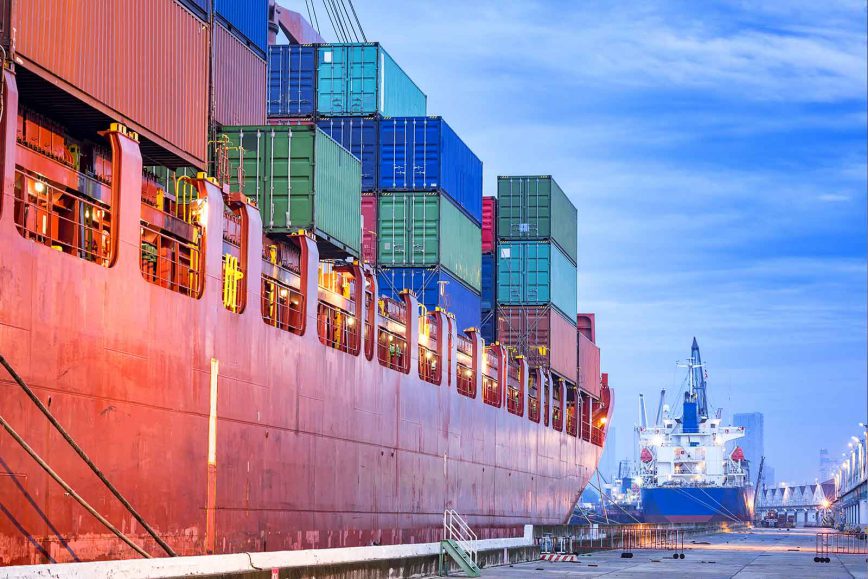Before you commit valuable resources and capital to export your goods to foreign soil, it’s crucial to understand the pitfalls you could be up against when entering new markets.
It’s common to stumble upon the opportunity to export when a foreign company placed an order. Or it’s an ambitious plan to expand internationally and now it’s time to capitalise on the increased order volume.
While the attraction of exporting means increased sales, the daunting hurdles faced when entering a foreign marketplace could sideline you even before it gets started.
Diving into Internationally Trading
Expansion across borders is a serious undertaking. It has financial implications as well as political ones, including supply chain planning that can derail your plans without warning for the novice.
Understanding foreign jurisdictions can be time-consuming when trying to obtain reliable information regarding relevant market data or trade practices.
Other points to consider when kicking off an international exchange may include:
- Export licenses and documentation
- Financial risk
- Supplier terms/inventory procurements
- Logistics
- Product modifications, warranty
- Counter-party risk (buyer strength, terms, deadlines etc)
Managing the above requires working capital that may not be readily accessible depending on how aggressive the undertaking is.
While sales orders may be flying in, you may not have the free cash flow for modifications enabling you to meet foreign country safety and security codes or to meet the importing/exporting country’s labeling and packaging specifications.
Money is often tied up in existing inventory holdings or other production runs, leaving little for the extra costs associated with meeting larger than expected sales orders.
Exporting solutions to consider
The ultimate challenge is the financial risk involved for both transacting parties.
Exporters would like importers to pay upfront to remove the stress that they will receive the goods and not pay. On the other hand, importers prefer not to provide funds upfront for fear of payment without delivery or short-deliveries or incorrect products to name a few. A solution that benefits both sides to remove the risks must be agreed upon.
Enter trade financing
Trade financing works by introducing a third-party, such as Stak, to facilitate transactions and transfer the payment risk as well as the supply risk. This method of financing advances cash to the exporter and grants the importer longer payment terms, leaving both parties in better financial positions. While trading is centuries old, trade finance keeps both parties protected providing assurance of payment and performance of deliveries.
Stak alleviates the risks involved with exporting in two ways: export factoring with our trading partners and purchase order financing.
Export Factoring
Export factoring is when a lender, or in this case a Stak Partner, agrees to advance funds against the accounts receivables of a company upfront once goods are delivered (or accepted). Upon customer invoice payment, the financier then receives the full amount from the customer and you receive the remaining balance after the deduction of the initial advance on a revolving basis.
Export factoring advantages:
- Advance payment on invoices within 24-48 hours
- Offer extended payment terms for larger corporate buyers
- Customer payments repay drawdowns without any repayments
- Application and set-up process is less onerous than traditional banks
Purchase Order Finance
Stak will also finance your entire supply chain. You can receive an additional funding line to support working capital across inventory and receivables. By taking advantage of our letters of credit, inventory lending, purchase order funding, and structured guarantees, Stak’s options help align both buyer and seller needs.
Popular amongst importers/exporters is purchase order financing, a funding tool that enables you to raise funds against confirmed customer purchase orders. Lenders will advance funds to your supplier that meets the specification of your confirmed sales orders.
Benefits of purchase order finance include:
- Based on the strength and creditworthiness of your customer orders, Stak provides funding to foreign suppliers
- Suppliers get guaranteed payments, providing confidence of constant supply and boosted production volume
- Suppliers can produce goods knowing funds are guaranteed upon shipping
- Suppliers gain better financial positions knowing a trade financier is backing their buyers’ orders
- Suppliers can offer funding option to buyers that have confirmed customer orders
Position yourself for growth and remove uncertainty
Exporting to a new country uncovers a fair share of challenges, teaming up with Stak can inject the much-needed competitive edge you require to enter new markets to capture growth and profits otherwise left on the table.
. . .
Need help raising capital? Ask Stak.
We regularly share our thoughts on trade finance, lending, company culture, product strategy, and design.
Stak works with clients that sell to some of the largest buyers in Australia & overseas.


